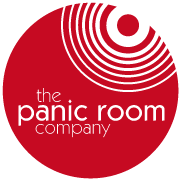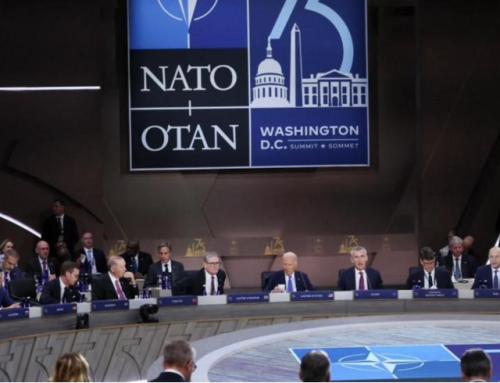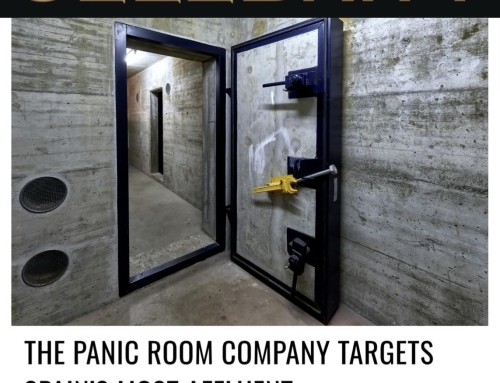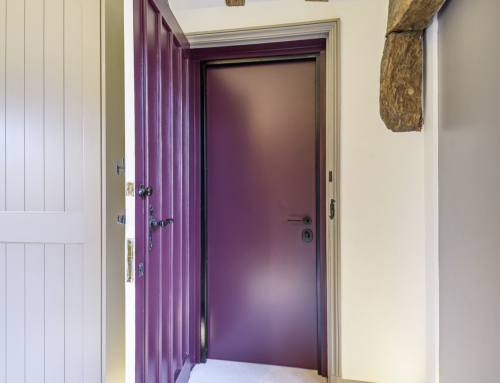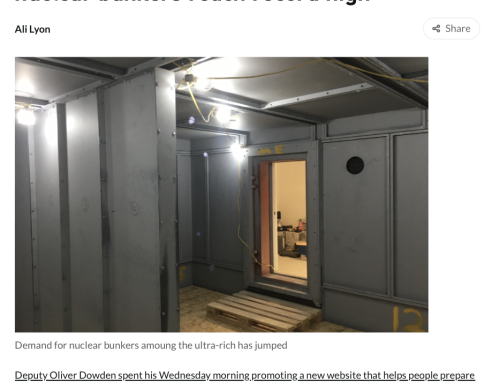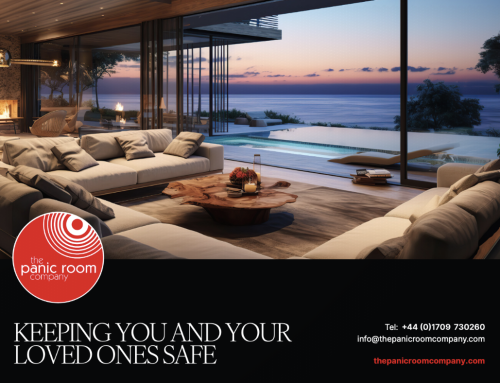On 26th June 2015, 38 guests staying at the Imperial Marhaba Hotel in Sousse, Tunisia were killed when jihadist, Seifeddine Rezgui, opened fire indiscriminately on the hotel’s beach in one of the country’s most appalling terror attacks.
At the end of February, a coroner ruled that all 30 British victims of the attack were ‘unlawfully killed’ and, following the ruling, families of some of those who died are preparing civil proceedings against the tour operator TUI.
Judge Nicholas Loraine-Smith rejected calls to rule ‘neglect’ by the travel firm or hotel saying there was nothing staff or owners could have done that would have ‘possibly made a difference’.
This particular case and its eventual outcome lead to the question of whether hotels will be made responsible for their guests’ safety and security.
“If this does indeed become a reality, it could have a serious impact of hotels and travel companies and their liabilities,” outlines Paul Weldon, managing director at The Panic Room Company.
“There are numerous options that hotels could explore to improve their security levels and ensure guests’ safety including the implementation of secure walls on selected floors of the hotel.
“Sectional safe walling is the ideal way to isolate large areas to provide a secure place for large groups of people. Installation of sectional safe walling can be delivered with minimum disruption and is highly effective, providing ultimate peace of mind for both guests and hotel owners.
“Each individual safe area would be accessed via a secure door that would remain open at all times. In the event of a terror attack, just like a fire drill, guests and staff would make their way to the secure safe area and the door would be closed manually.”
Concludes Paul: “Safe areas can make a difference and save lives so perhaps hotels and tour operators should seriously consider investing in them.”
